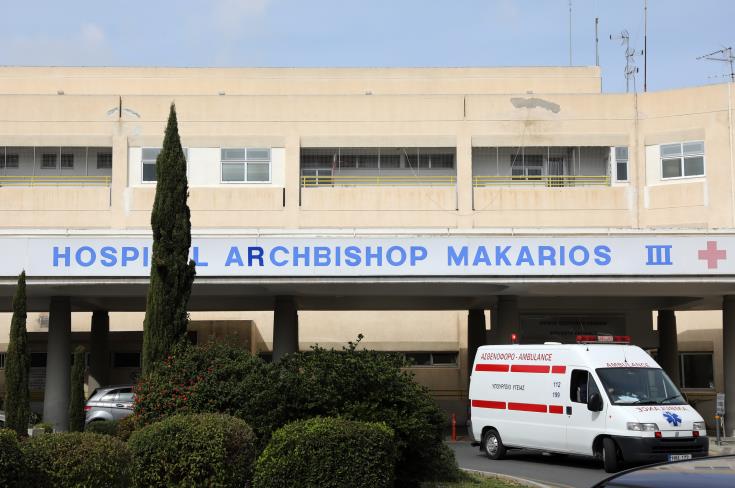The 4-year-old girl intubated at Makarios Hospital for strep A was transferred to Israel in “one of the Health Ministry’s most complex air transportation of a patient”.
Talking to the Cyprus News Agency on Wednesday, Christina Yiannaki, permanent secretary of the Health Ministry, said a team of doctors from the Telasomer University Hospital in Israel would be arriving with an air ambulance to ensure the smooth transfer.
“The whole operation will last four hours and be facilitated by special equipment brought by the Israeli team, headed by the assistant director of the university”.
Yiannaki said the team from Israel would include a paediatric surgeon and a nurse familiar with the machine.
A technician will be in the team to set up the machine to safely transport the child to Israel.
Previous assessments had indicated the girl was too ill to be transferred.
On Tuesday, the girl was examined by a paediatric intensivist and an infectious disease specialist who had arrived from Israel.
Earlier in the day, the health minister said, “The latest update I have been given is that the child remains in a serious condition, which is critical.”
Head of the Pediatric Society Michalis Anastasiades called on parents to make themselves aware of the symptoms of strep A.
Anastasiades noted that this is not the first Strep A case in Cyprus but the first case of a child needing hospitalisation.
Health authorities have been on the alert since recent child deaths in the UK and Europe from Streptococcus type A infections.
Group A strep bacteria can cause many infections, ranging from minor illnesses to deadly diseases, but serious complications and deaths are rare.
Despite the rarity of deaths, the UK has reported 19 deaths of children under the age of 15 since September.
Group A Streptococcus (GAS) is a common bacterium that many people carry in their throats and skin without ever exhibiting symptoms of infection.
However, this particular pathogenic bacterium can, in some cases, cause mild or even more serious infections such as tonsillitis, pharyngitis, scarlet fever and infectious wax.
Serious infections associated with Strep are caused by invasive group A strep (iGAS).
Strep infection is most common in children ages 5 to 15, although it can occur in younger children and adults.
The Health Ministry urged the public to contact a doctor if their child exhibits symptoms which do not improve.
These symptoms include loss of appetite, signs of dehydration, babies under three months running a temperature of 38℃ and babies older than three months with a temperature of 39℃ or higher.










